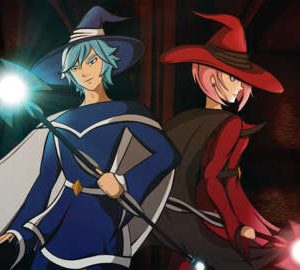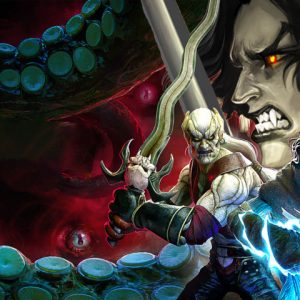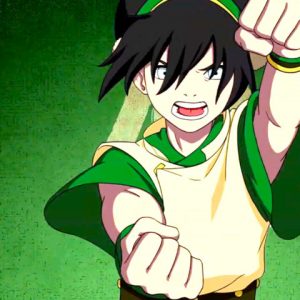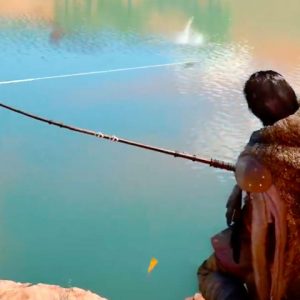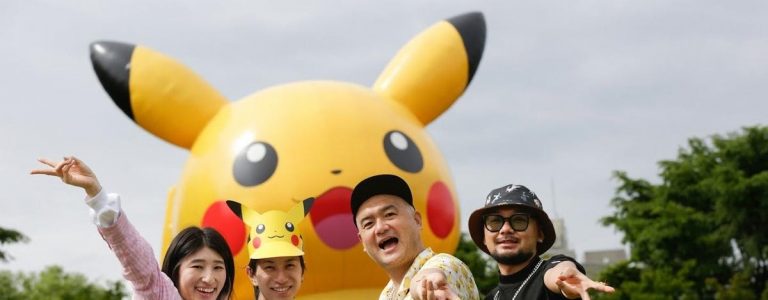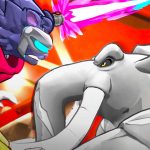
For True Fiction Episode 5, we’re taking a look at one of the most beloved horror/thriller movies of all time: The Shining. The Stanley Kubrick classic based on a Stephen King book follows one man’s descent into madness, but there’s more to the fall than initially meets the eye.
Main character Jack Torrance’s mental break is the result of numerous factors, one of which is isolation. In this episode, we delve deep into the impact of isolation on people and explore how well The Shining portrays the madness that can result from it.
You can check out True Fiction on the GameSpot Universe YouTube channel, where new episodes will be released every Sunday. You’ll also find a little more about the process of making the episode from host and writer Kurt Indovina.
Kurt: The True Fiction team are all big fans of The Shining, and with that fandom brought a lot of pressure for this episode. Not only pressure for our own expectations, but to that of other fans of The Shining.
Whether you’re a Stephen King fan who, like its creator, despises Kubrick’s interpretation, or a Kubrick fan who has meticulously shaped their own theories on the film, there was a tremendous amount to cover and address.
Unlike previous episodes in this series (which drew from actual events), we set out to try something different with this one. Instead, we wanted to examine how accurately Kubrick’s The Shining portrayed with maddening psychology of isolation, and we wanted to do this by comparing it with real-life tests and evidence.
Among the many challenges already before me, one that I didn’t anticipate was the research process. Up to this point in the show, I had learned about hundreds of people who died in their sleep, nuclear ash showering over innocent fishermen, and the hundreds of thousands of lives lost in WWI–each episode bringing its own wave of heavy and sad emotions on me. But I don’t know if anything could have prepared me for learning about Harry Harlow’s experiments on rhesus monkeys.
As explored in the episode, Harlow is infamous for experiments like raising an infant monkey with a surrogate mother made of wire, to raising them from birth with zero human or nonhuman contact. The experiments proved deeply damaging to the test subjects.
The experiments were nothing short of despicable. Still, it proved a testament to the point I was seeking to make with this episode.
I used to daydream about the idea of living isolated for a month out in the woods, or maybe even on a boat. No one but myself; just enough to live, and the tools necessary to create as much as I wanted. But after researching this episode, I have completely backpedaled on the idea, and have grown a little more terrified at the idea of being utterly alone for too long.
That said, it’s made me appreciate The Shining more than I already did, which I honestly didn’t think possible.










